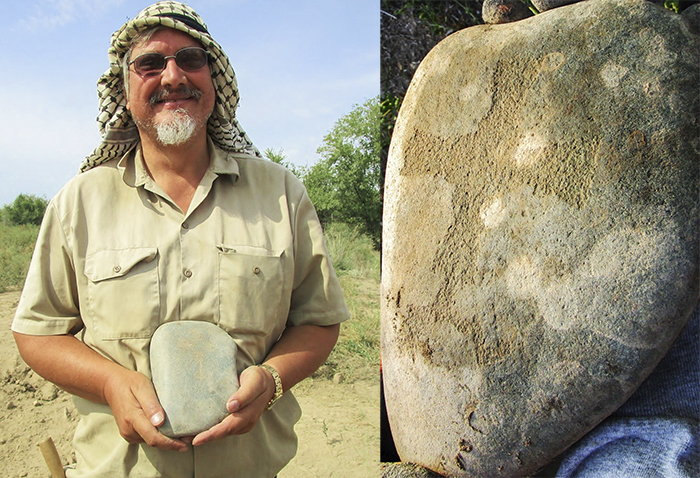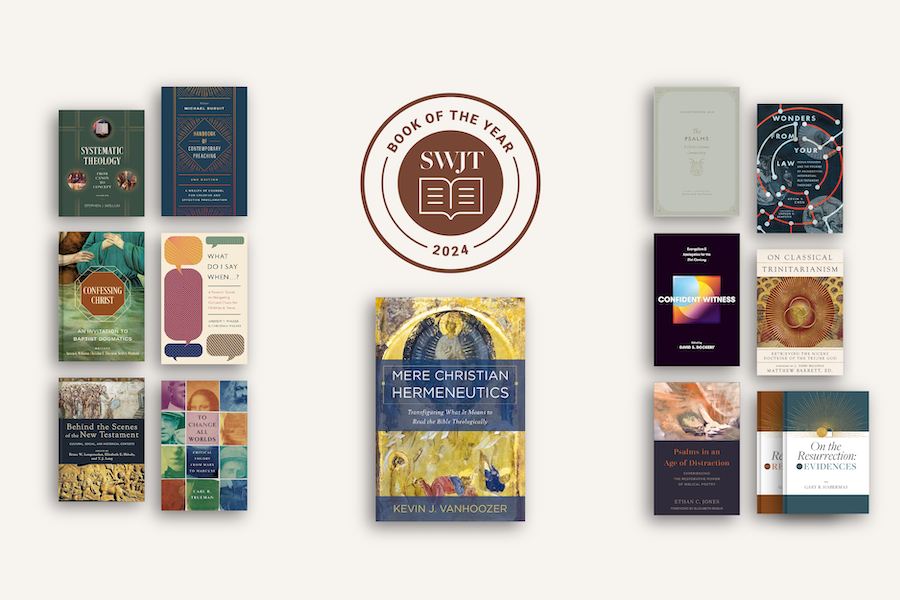Evidence of ancient Christianity discovered in Kazakhstan

EDITOR’S NOTE: The following report is by the Tandy Institute for Archaeology’s Tom Davis, professor of archaeology and biblical backgrounds at Southwestern Seminary as well as chair of its archaeology department.
The ancient city of Ilyn Balik, known from pilgrims’ travels and historical texts, has been discovered in Kazakhstan. Historians of Christianity along the Silk Road have known of travelers’ accounts of Christian communities in the region and in the ancient city of Ilyn Balik, but now, recent excavations at the village of Usharal, 60 kilometers from the Chinese border, have uncovered the ancient city as well as the site’s cemetery, where eight gravestones have been found.
This discovery is the first archaeological evidence for a Christian community in the borders of the Republic of Kazakhstan. This discovery supports the understanding of ancient Kazakhstan as a multi-cultural center between the East and West, with Muslims, Buddhists and Christians living among the local herdsmen and nomadic tribes.
A local resident of Usharal reported the discovery of an inscribed stone marked with a cross two years ago. The stone was recovered, but the original location of that stone is not known. The Kazakhstan government, cognizant of their multi-cultural history, has created the Center for Cultural Rapprochement under Karl Baipakov, Kazakhstan’s leading archaeologist and a world-renowned specialist on the Silk Road. Under Baipakov’s leadership, the Center has encouraged archaeological work focused on illuminating the varied cultural strains in Kazakhstan’s history and actively supports the joint teams’ efforts.
Baipakov encouraged the formation of a joint international team from Archaeological Expertise LLC based in Almaty, Kazakhstan (under Dimitri Voyakin), and the Tandy Institute for Archaeology at Southwestern Baptist Theological Seminary in Fort Worth, Texas (under the joint direction of Steve Ortiz and Tom Davis), to investigate the discovery. The joint team began investigations of the site of Ilyn Balik, a medieval city never before excavated, within the boundaries of Usharal late this summer.
The team discovered seven inscribed gravestones clustered on the surface outside of the main area of settlement of the site. The suspected grave markers all have inscribed Nestorian-style crosses, and two of them have fragmentary inscriptions.
The new discoveries provide context for the previously discovered inscribed stone and most likely indicate an extra-mural cemetery and possibly an associated Christian community. One of the inscriptions in Old Syriac has been partially deciphered by the Tandy Institute’s epigrapher, Ryan Stokes, associate professor of Old Testament at Southwestern, and indicates a date of 1162 A.D.
The local Christian community has reacted with joy to the news of the new discoveries. One believer responded, “So nobody can tell me that I don’t have Christian roots.”
The Nestorian gravestones show that Christianity was present in Kazakhstan long before Western imperialism. It is, in fact, an element of historic Kazakh identity.



